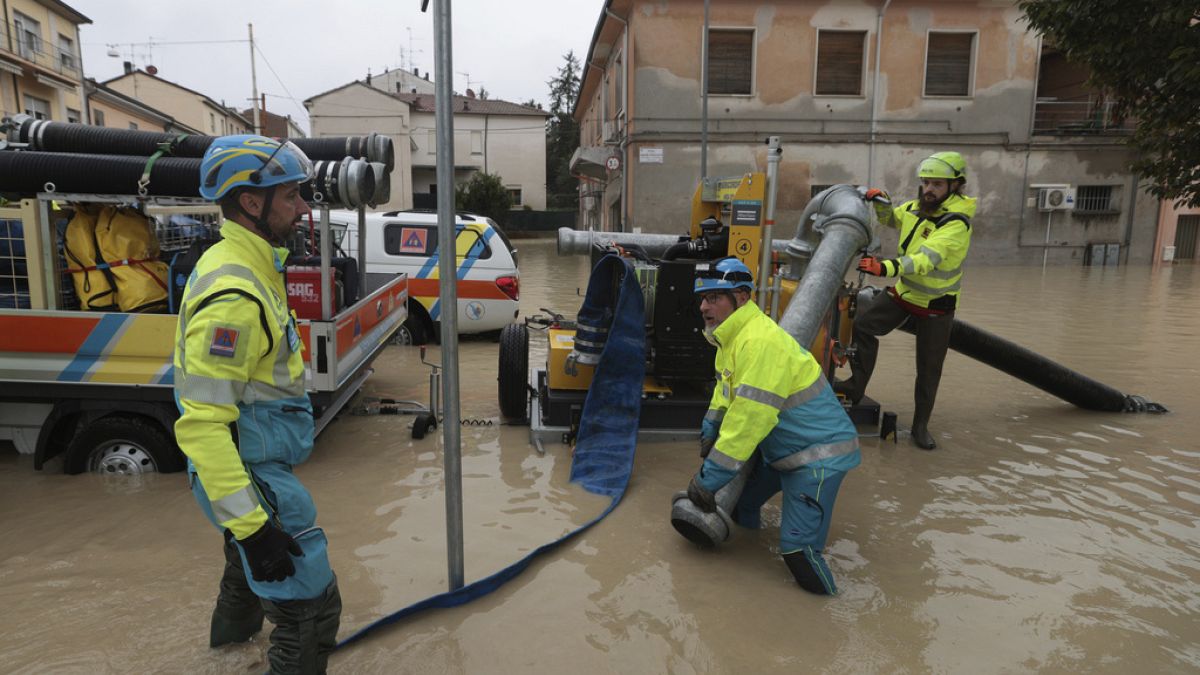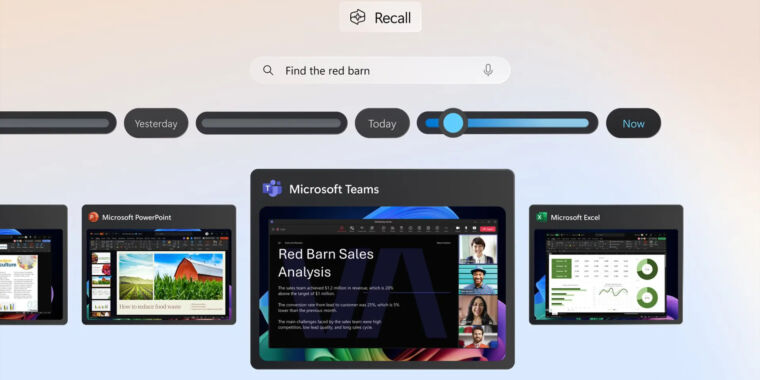Specifically what is the behavior you’re seeing? I can’t guess exactly from the meme.
- 50 Posts
- 2.08K Comments
I’d guess that it’s most likely not systemd itself causing the problem, but rather something kernel- or hardware-side.

 2·20 hours ago
2·20 hours agoWell, if you want an atmosphere to start with, might try running numbers for sulfur hexafluoride. I don’t know if it’d be your best option, but I’d guess that it’d be up there if you can keep the object warm enough for it to be a gas.
https://www.epa.gov/eps-partnership/sulfur-hexafluoride-sf6-basics
Sulfur hexafluoride (SF₆) is a synthetic fluorinated compound with an extremely stable molecular structure. Because of its unique dielectric properties, electric utilities rely heavily on SF₆ in electric power systems for voltage electrical insulation, current interruption, and arc quenching in the transmission and distribution of electricity. Yet it is also the most potent greenhouse gas known to date. Over a 100-year period, SF₆ is 23,500 times more effective at trapping infrared radiation than an equivalent amount of carbon dioxide (CO₂).
I don’t know how to calculate albedo, but I’m sure that there are Web pages out there talking about it.
EDIT: If all you care about is keeping the body warm via solar radiation and you don’t care about it specifically using purely the greenhouse effect, you could use space mirrors in orbit.

 9·22 hours ago
9·22 hours agoI think a problem would be Pluto not having the gravity to hang onto much atmosphere.

 5·1 day ago
5·1 day agoI would donate to support lemmy.today, as I’m using an instance and it has costs, but the admin has said that he’s currently not interested in donations.
I believe I donated to Ernest’s coffee fund back when I was using kbin.social. Can’t recall how much, though. Was a while ago.

 3·1 day ago
3·1 day agoNo wonder agile is hated
I think that the basic ideas are reasonable. Keep in touch with your team and evaluate the current situation, track progress, stuff like that.
It’s just that the excessive codification of the practices becomes overbearing.

 3·1 day ago
3·1 day agoByte order in which Unicode encoding? UTF-16LE?

 15·1 day ago
15·1 day agoDutch uwu speak
Logically, it makes sense that this exists, but still not something that I’ve ever thought about.

 2·2 days ago
2·2 days agoAh, gotcha. What type of cheese did it turn into, out of curiosity?

 3·2 days ago
3·2 days agoI’ve had no problem with various tools to compute ReplayGain levels. I currently use
bs1770gain.What about volume normalization is problematic for you?

 52·2 days ago
52·2 days agoI wouldn’t. I’d leave things at now.
I think that the Internet has pretty much monotonically improved over time. Oh, sure, there are some things that I miss, but overall? Today wins solidly. Today:
-
Bandwidth is much higher.
-
Availability is much more widespread.
-
Security is a lot better in most respects. Used to be most traffic on the Internet wasn’t encrypted.
-
Flash and ActiveX are gone on the Web.
-
IPv6 is widely available, alleviating address constraints.
-
Email spam is more or less solved, though it does make running your own mail server today a pain.
-
Open source is a lot more widespread and mainstream.
-
I’d say that the reliability of a lot of online services is better.
-
The widespread use of containerization and VMs has dramatically reduced the cost of having a small server in a datacenter.
-
GOG and Steam are pretty amazing ways to buy video games. The selection is inexpensive, readily available, and ludicrously vast.
-
Ditto for Amazon compared to brick-and-mortar plus mail order.
-

 3·2 days ago
3·2 days agoI liked the first book a lot, and recall liking the series less as it went on.

 2·2 days ago
2·2 days agoI guess…uh…that it’d be less dense, so that’d dick up tides on Earth.
https://nssdc.gsfc.nasa.gov/planetary/factsheet/moonfact.html
Mean density (kg/m³): 3344
https://eurekamag.com/research/001/061/001061121.php
At 8 deg C, mean densities of blockformed and conventionally-hooped cheeses were, resp., 1.094 and 1.091 g/ml.
So that’s 1094 kg/m³.
Basically, Earth’s tides would be about a third as strong, which I imagine would affect a bunch of things, especially coastal ecology. Dunno how much tides affect weather.
Also, probably alters the reflectivity of the Moon, so would affect the brightness of the Moon. Might affect a lot of nocturnal critters and such. Hard to estimate, since that depends a lot on what cheese is involved.

 15·2 days ago
15·2 days agoLess energy density, though.
On the other hand, maybe a less-fire-risky battery would be grounds for increasing the current 100Wh maximum that the FAA places on laptop batteries.

 5·2 days ago
5·2 days agoWhile details of the Pentagon’s plan remain secret, the White House proposal would commit $277 million in funding to kick off a new program called “pLEO SATCOM” or “MILNET.”
Please do not call it “MILNET”. That term’s already been taken.
https://en.wikipedia.org/wiki/MILNET
In computer networking, MILNET (fully Military Network) was the name given to the part of the ARPANET internetwork designated for unclassified United States Department of Defense traffic.[1][2]

 2·3 days ago
2·3 days agohttps://www.newstatesman.com/comment/2023/09/britain-building-nimbys-hs2-housing
Why do we find it so much harder to build in this country than comparable countries? The obvious culprit is a planning system designed to prioritise objections over permissions, and which benefits existing local homeowners over a wider community who may stand to gain. Throw in the fact that those who have time to campaign on planning issues tend to be older, richer and have less stake in growth, and nature has run its course.
People are more favorable towards development in general than development near them. If you permit local interests to block construction, you will then tend to see less construction.
https://www.centreforcities.org/publication/a-very-short-guide-to-planning-reform/
Britain’s housing crisis is caused by a deep shortage of homes, especially in the most prosperous cities and large towns. We have built much less than other rich countries for decades – for instance, while England currently builds around 220,000-240,000 new homes a year, the highest in decades, France builds roughly 380,000 a year, a decline from a recent peak of nearly 500,000 before the financial crisis. Japan is currently building 860,000 homes a year, even though their population is shrinking.
The English planning system causes this shortage of homes by making it very difficult to build, in two ways. First, it imposes explicit bans on new construction in large parts of the country – by far the most important and costly of these is the green belt, which exists to block the growth of the country’s most economically important cities and large towns.
Second, the planning process for almost all of the remaining land is highly discretionary with nearly all significant decisions made case-by-case. The uncertainty this creates in the development process reduces the number of new homes and commercial buildings that are built, as it is possible to propose a new development that complies with the local plan and nevertheless have it rejected.
England’s system is internationally unusual – most other countries do not have construction bans outside their biggest and most innovative cities, and instead have rules-based planning systems where applications that follow the local plan must be granted planning permission. Introducing these rules-based decision-making processes is the key goal of planning reform.
While it’s usable and I’ve read material that way, I’ve found that I want a larger screen. I’ve read books on a Kobo e-reader, a tablet, a laptop, and a desktop, and those are fine. The phone requires movement to the next page with more frequency than I’d like.
I agree that OLED screens doing light-on-dark look great at night, though.
EDIT: YouTube clip of an OLED and LCD phone side-by-side in the dark:
Just giving an example; translate to your preferred environment!
If you use
pixz, you can get indexing-permitting-for-random access, parallel compression/decompression and (generally superior to gzip’s LZ77) LZMA compression with tarballs.$ sudo apt install pixz $ tar cvf blahaj.tar.pixz -Ipixz blahaj/


















I don’t know, but this appears to be the floation product in question:
https://restube.us/